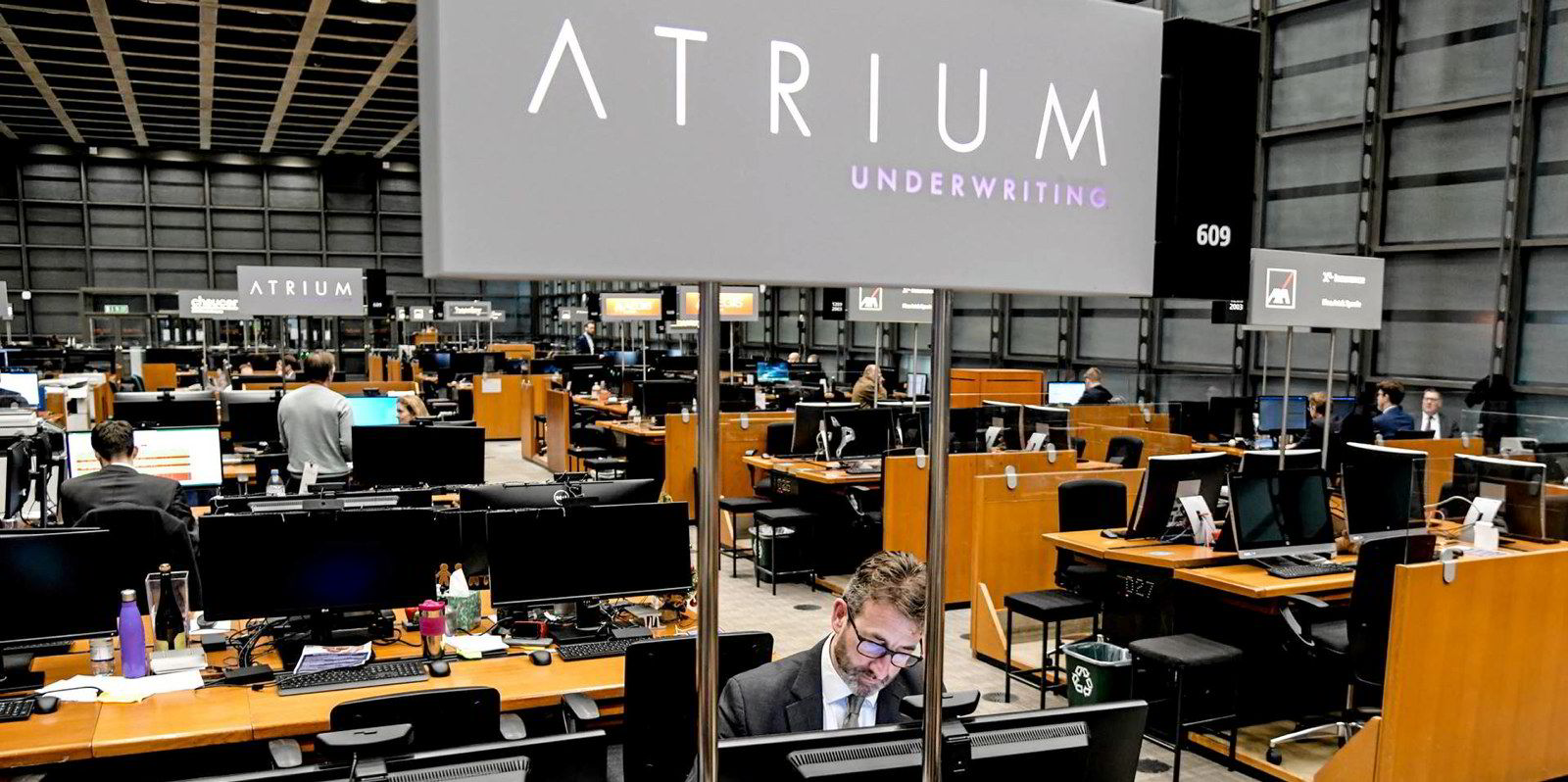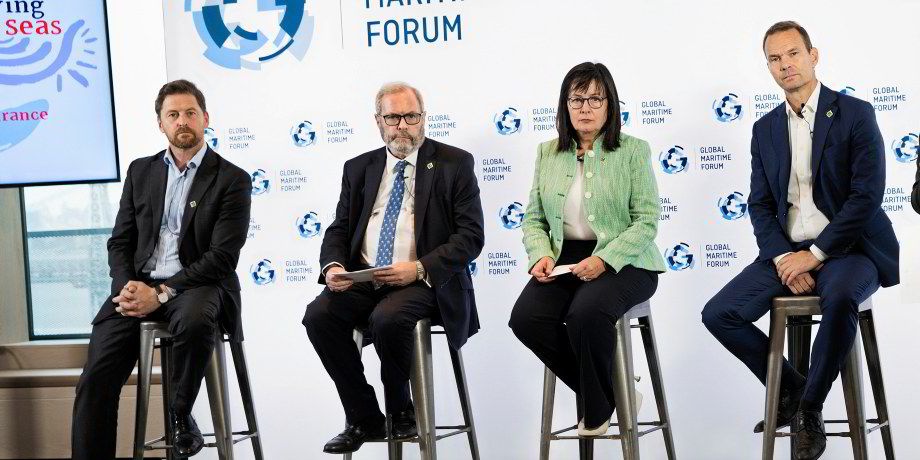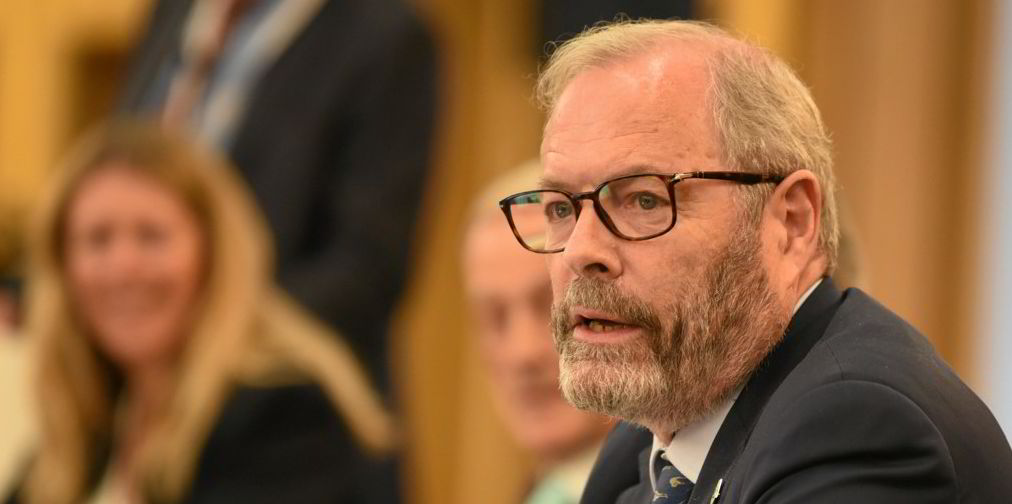Pulling cover from ships that perform poorly under the Carbon Intensity Indicator rating could be one way for the insurance industry to promote decarbonisation efforts, according to Lloyd’s of London’s Atrium Underwriters.
A study by Atrium’s marine claims adjuster Andrew Mackenzie, together withBayes Business School, explores the way underwriters could help the shipping industry to decarbonise.
The report points out that decarbonisation is now a key environmental, social and governance issue for marine underwriters.
It suggests there is a feeling among underwriters that a “D” or “E” rating under CII could represent a higher risk for insurers because it reflects poor technical management and possibly maintenance.
One underwriter quoted said: “If you’ve got an insured that is a ‘D/E’ rated, maybe that gives you a glimpse as to how they run their organisation. In terms of risk selection, that becomes more of an issue for the underwriter.”
The report suggests one hard-line option open to underwriters is to adopt a warranty to insurance policies that would give 15-day notification of cancellation of cover for vessels which fall into the “D” or “E” category under the CII regulation.
However, underwriters may encounter the challenge that air pollution levels do not necessarily correlate with a vessel’s seaworthiness.
“There is damage to the atmosphere of course, but you can’t pinpoint it. You certainly can’t attribute it to unseaworthiness,” another underwriter interviewed for Mackenzie’s report said.
There is also a general understanding in shipping that the trading pattern of the vessels is an influential factor in the CII rating, as well as the quality of operation. Vessels trading on short-haul trips with multiple port stops generally perform worse than those on long-haul trips with fewer stops.
An alternative is for a warranty that allows underwriters to inspect ships with a poor CII rating.
Branded anti-competitive
Atrium suggests another way forward could be to monitor data on the link between safety and environmental performance and to adjust premiums to reflect the risk.
That could lead to loss of business, so a softer alternative would be to sign up to the Poseidon Principles for Marine Insurance.
But, it also pointed out that collective efforts to combat carbon emissions run the risk of being branded anti-competitive, as happened to the United Nations Net Zero Insurance Alliance.
The third option is to work closer with shipowners to help them on the road to decarbonisation.
“At the very least, the decarbonisation challenge presents an opportunity for insurers and shipowners to work together more closely,” Mackenzie said.
“The shipowner has the direct obligation to comply, and the insurer has a moral duty to facilitate that obligation with the best possible insurance solutions.”





